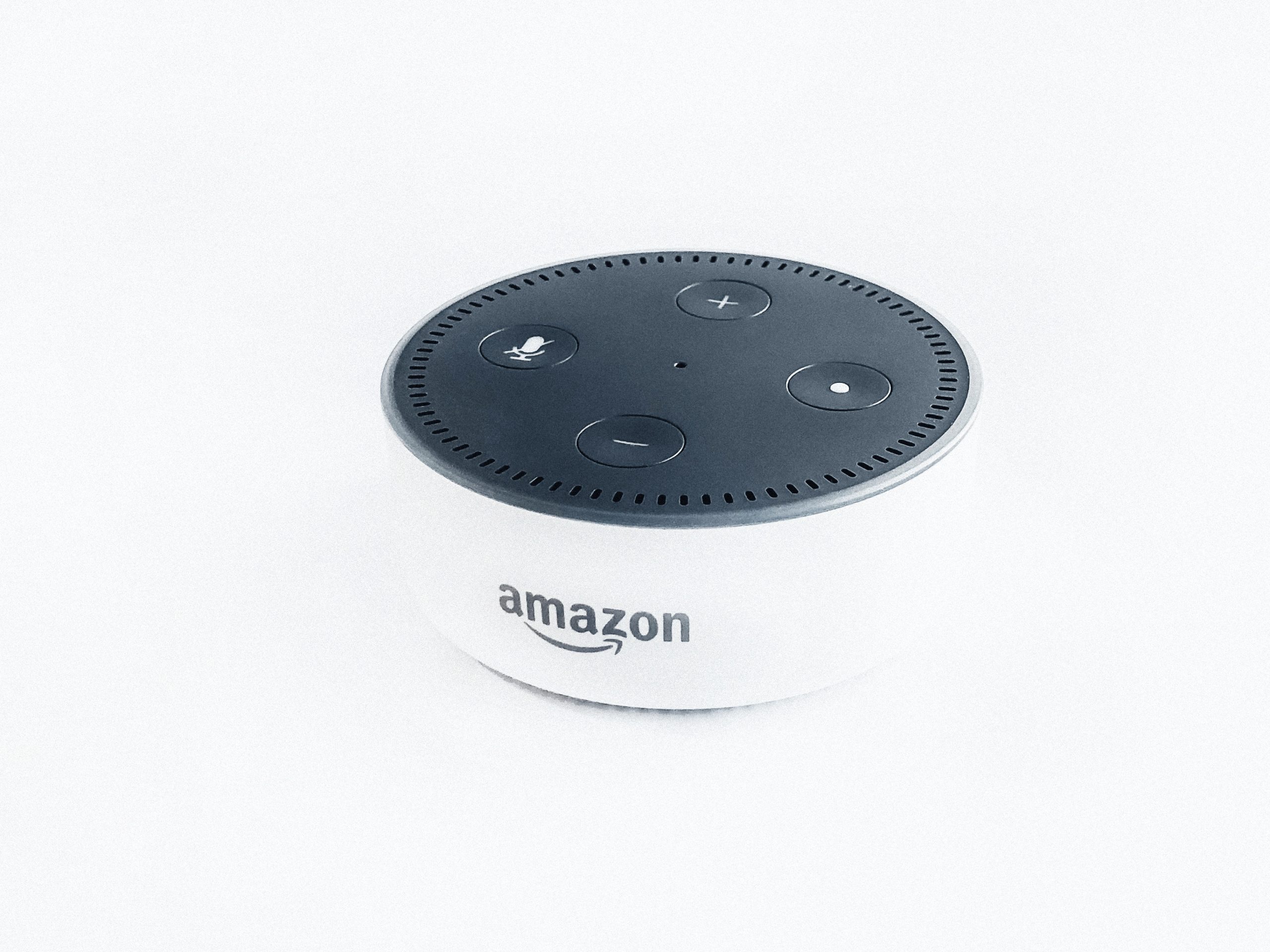“Hey there, Alexa! Looks like you’ve landed yourself in some hot water. The Federal Trade Commission (FTC) has just accused Amazon’s popular voice assistant of breaching child privacy laws. As parents and tech enthusiasts alike hold their breath, let’s dive into the details of this controversy and explore its potential implications for both Amazon and the future of smart devices.”
The FTC’s Complaint Against Amazon
The Federal Trade Commission has filed a complaint against Amazon, accusing the company of breaching child privacy laws. The FTC alleges that Amazon’s Alexa voice assistant collected and stored children’s personal information without their parents’ consent or knowledge. This is a violation of the Children’s Online Privacy Protection Act (COPPA).
The FTC’s complaint specifically cites several examples of Alexa collecting and storing children’s personal information without parental consent or knowledge. In one instance, Alexa recorded a child’s voice and sent it to the child’s parent without the parent’s consent. In another instance, Alexa collected and stored a child’s name, address, and phone number without the parent’s consent or knowledge.
The FTC is seeking a court order that would require Amazon to pay a civil penalty and take steps to delete any recordings of children that were collected without parental consent or knowledge.
Amazon’s Response to the FTC
As the Federal Trade Commission (FTC) continues to investigate Amazon for possible violations of child privacy laws, the company has issued a response.
In a statement to The Verge, an Amazon spokesperson said: “We take these allegations seriously and have been in contact with the FTC to work with them on their investigation. Protecting children’s privacy is important to us and we take our responsibility to safeguard information seriously.”
The FTC’s investigation is focused on whether or not Amazon violated the Children’s Online Privacy Protection Act (COPPA) by collecting personal information from children without their parents’ consent. The agency is also looking into whether or not Alexa-enabled devices are being used in schools without proper parental consent.
If the FTC finds that Amazon did violate COPPA, the company could be fined up to $16,000 per violation. Given that there are millions of Alexa-enabled devices in use, the potential fine could be quite large.
Amazon has said that it is “cooperating fully” with the FTC’s investigation and is committed to protecting children’s privacy.
What This Means for Alexa Users
As the Federal Trade Commission (FTC) continues its investigation into Amazon’s possible violation of child privacy laws, Alexa users may be wondering what this means for them.
For now, it is business as usual for Alexa users. Amazon has not been charged with any wrongdoing and there is no indication that the FTC’s investigation will lead to any penalties or changes for the company.
However, the FTC’s inquiry does raise some important questions about how Amazon collects and uses data from children who use its popular voice assistant. It also highlights the potential risks associated with using voice-enabled devices in the home, especially when children are present.
As the FTC’s investigation unfolds, parents and guardians should keep a close eye on their children’s use of Alexa and other voice-enabled devices. They should also be aware of the types of data that these devices collect and how that data is used.
How to Protect Your Child’s Privacy When Using Alexa
As parents, we want to do everything we can to protect our children. So when it comes to technology, it’s important to be aware of the ways in which our children’s privacy can be compromised.
One way this can happen is through the use of voice-activated assistants like Alexa. Because these devices are always listening, they can collect a lot of sensitive information about our children, including their conversations and activities.
The good news is that there are steps we can take to protect our children’s privacy when using Alexa. Here are some tips:
1. Be selective about the skills and features you enable on your child’s device. Only enable those that are absolutely necessary.
2. Use parental controls to limit your child’s access to Alexa’s features and functions.
3. Review the types of data that Amazon is collecting about your child and how it is being used. You can do this by going to the Amazon Parent Dashboard.
4. Keep your child’s device in a safe and secure location where only you have access to it.
By following these tips, you can help ensure that your child’s privacy is protected when using Alexa-enabled devices
Conclusion
Amazon has been accused by the FTC of breaching child privacy laws for its Alexa voice assistant. This is a serious allegation and one that Amazon will likely have to take seriously if it hopes to protect its reputation as a secure and safe platform for consumers. The outcome of this investigation could set an important precedent on how big tech companies treat user data, especially when it comes to children, so we’ll be sure to update you on any developments in the coming weeks.




